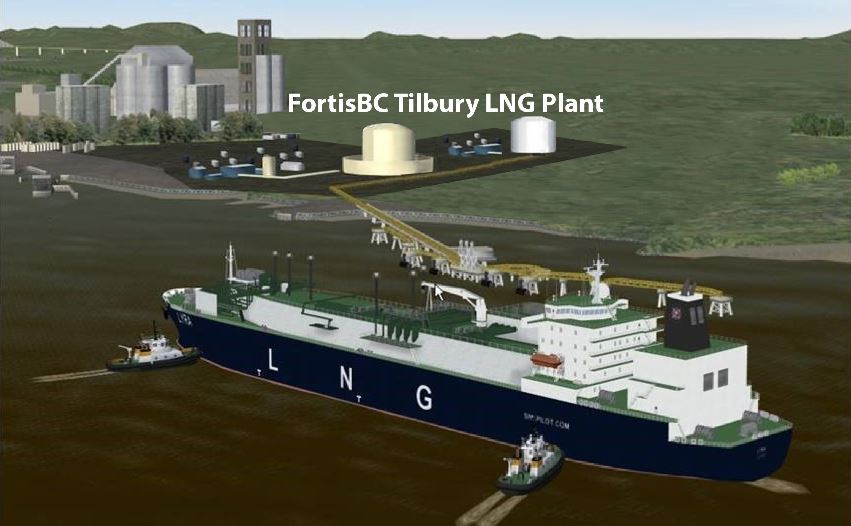Dear Editor,
Re: “The people are speaking, please listen,” Letters, March 16.
A recent letter about the George Massey Tunnel replacement project repeated incorrect information about a link between the proposed bridge and marine vessel requirements for the shipping of liquefied natural gas (LNG).
We’ve heard this information repeated elsewhere in the community and it requires clarification.
WesPac Midstream LLC is proposing to build a marine terminal next to our Tilbury LNG facility, which FortisBC has operated safely on the shores of the Fraser River since 1971.
WesPac’s jetty will be designed to service small and medium sized LNG carriers, as opposed to the world-scale LNG carriers planned for the large projects in northern British Columbia.
They will produce less wake than most of the other ships currently on the Fraser River and their draft (depth) will be well within the current depth allowed by the George Massey Tunnel.
WesPac’s proposed concept is currently undergoing a provincial and federal environmental assessment, more information about which can be found at WespacTilbury.ca.
Whether the George Massey Tunnel is removed, replaced or expanded — or how the proposed bridge project is constructed — will have no impact on the WesPac proposal.
The letter also noted that Steveston is a fishing community and we should protect it. We agree with that statement.
Clean-burning natural gas from our Tilbury LNG facility is already helping B.C.’s transportation industry and remote domestic communities reduce reliance on diesel — a move that reduces costs while lowering carbon emissions.
At FortisBC, we support the WesPac LNG jetty concept because, among other opportunities, it would help us bring those environmental and economic benefits to the marine industry.
Ever since the English Bay oil spill this past summer we’re all sensitive to the risk of using heavy oil and diesel as a marine fuel. With stricter marine emission regulations coming into force in North America, LNG is seen by many as an opportunity to help reduce that risk.
In fact, a study commissioned by the World Wildlife Fund Canada related to shipping in the Arctic found that switching to LNG from heavy fuel oil would mean a reduction in all pollutants, as well as greenhouse gas emissions.
And the safety risks associated with spills are greatly reduced. As the WWF-Canada study observed, LNG dissipates into the atmosphere almost immediately.
Natural gas is a safe and versatile energy source that has long been a part of our everyday lives in Richmond and the Steveston Village community. We’re committed to an open dialogue with residents about our operations and expansion plans at Tilbury.
We encourage people to visit our new interactive website, TalkingEnergy.ca, to learn more about LNG and the Fraser River and ask us questions directly.
Viviana Zanocco
Tilbury LNG facility expansion project, community & aboriginal relations manager, FortisBC



